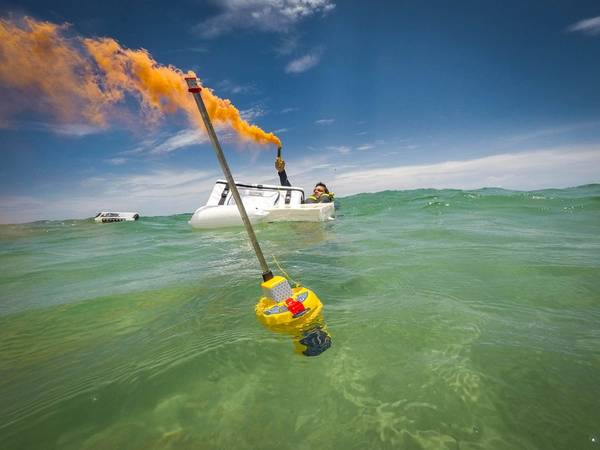
ACR Electronics and Ocean Signal announced the development of next generation EPIRBs.
Introducing integrated AIS (Automatic Identification System) within their EPIRBs for the first time in conjunction with further new technology, ACR and Ocean Signal will launch the advanced beacons this year ahead of the enforcement of new updated IMO (International Maritime Organization) Maritime Safety Committee EPIRB regulations.
AIS EPIRBs will offer both recreational and commercial users the extra reassurance that other nearby vessels will be notified in an emergency, in addition to the beacon’s traditional capabilities to transmit a 406 MHz distress signal via the Cospas-Sarsat satellite system to contact global rescue services.
Effective from July 1, 2022, the new IMO rules state that vessels under SOLAS regulations will have to fit a new EPIRB with an internal AIS locating signal and an internal GNSS receiver, along with the 406 MHz and 121.5 MHz transmitters, when current devices are due for replacement.
Recreational boats and other non-SOLAS vessels can continue to install the EPIRBs permitted under their national regulations, with many countries expected to enforce the IMO AIS EPIRB mandate in one to two years’ time due to the life-saving benefits offered by these new beacons.
The IMO updated its EPIRB requirements in June 2019 to instigate essential improvements in performance and design of one of the most important safety devices carried onboard by a range of recreational and commercial vessels.



